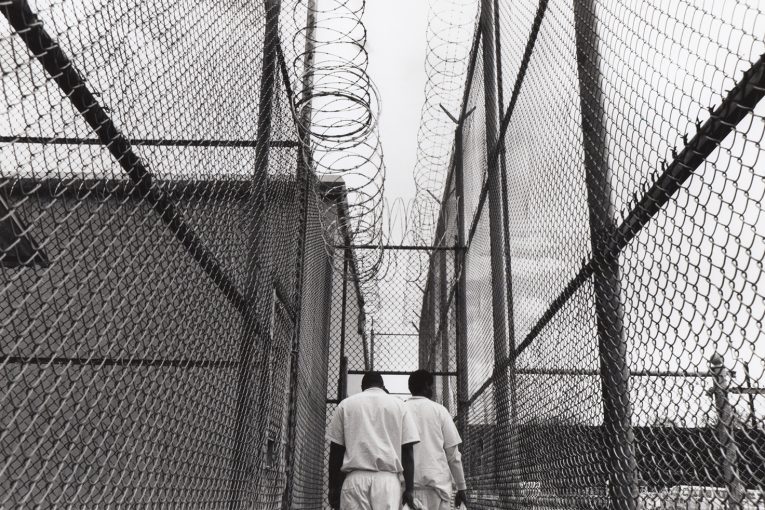

By Cheyenne Galloway and Jojo Kofman
WASHINGTON, DC – The United States Sentencing Commission’s 2022 report, detailing the relationship between length of incarceration and recidivism, has concluded that federal offenders incarcerated for longer sentences have lower chances of recidivism.
The commission, heading by CA Northern District Court Judge Charles R. Breyer, looked at 32,135 federal offenders who were released in 2010 and measured recidivism rates based on “rearrest,” a measure that can overstate recidivism rates because not every arrest leads to incarceration or a conviction.
The recidivism rates of federal offenders were 29 percent lower if their sentence was more than 120 months, in comparison to those who received shorter sentences, the commission study showed.
The recidivism rates of federal offenders who were sentenced to more than 60 months of incarceration were 18 percent lower than federal offenders who received the shorter sentences.
However, the study noted that these odds of low rates in reoffending are significantly lower for offenders with extensively long sentences.
Conversely, no statistically significant rates in recidivism were found for federal offenders who were sentenced for 60 months or less.
Recidivism has been a topic of conversation for the United States Sentencing Commission since the establishment of the Sentencing Reform Act (SRA) of 1984.
Following the 20th century, various studies were conducted to learn more about recidivism and sentencing issues.
Recidivism “refers to a person’s relapse into criminal behavior, often after the person receives sanctions or undergoes intervention for a previous crime.” Recidivism measures equip policymakers with crucial information regarding public safety and the effectiveness of public safety initiatives.
The most recent report, published this month (June 2022), examines the three prominent relationships that remain possible when looking at the length of incarceration and recidivism, which include a deterrent effect, a criminogenic effect, or no effect at all.
A deterrent relationship was found between length of incarceration and recidivism, the commission’s study indicated. This conclusion was similarly replicated in the previously released study in 2005 that also examined incarceration and recidivism within the federal offender population.
In accordance with the 2005 study, the findings articulate data that emphasize a punitive response toward lowering recidivism rates.